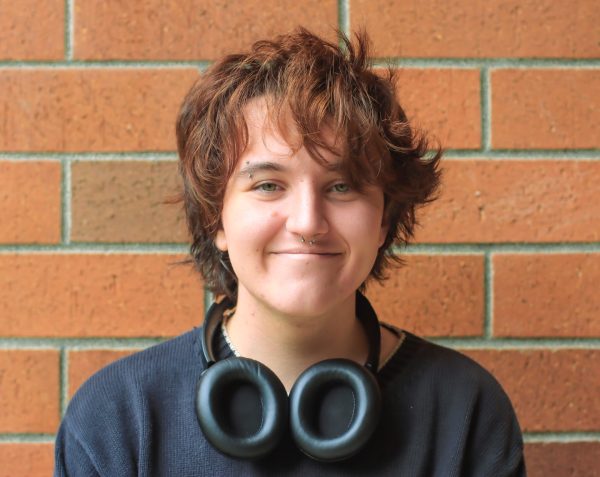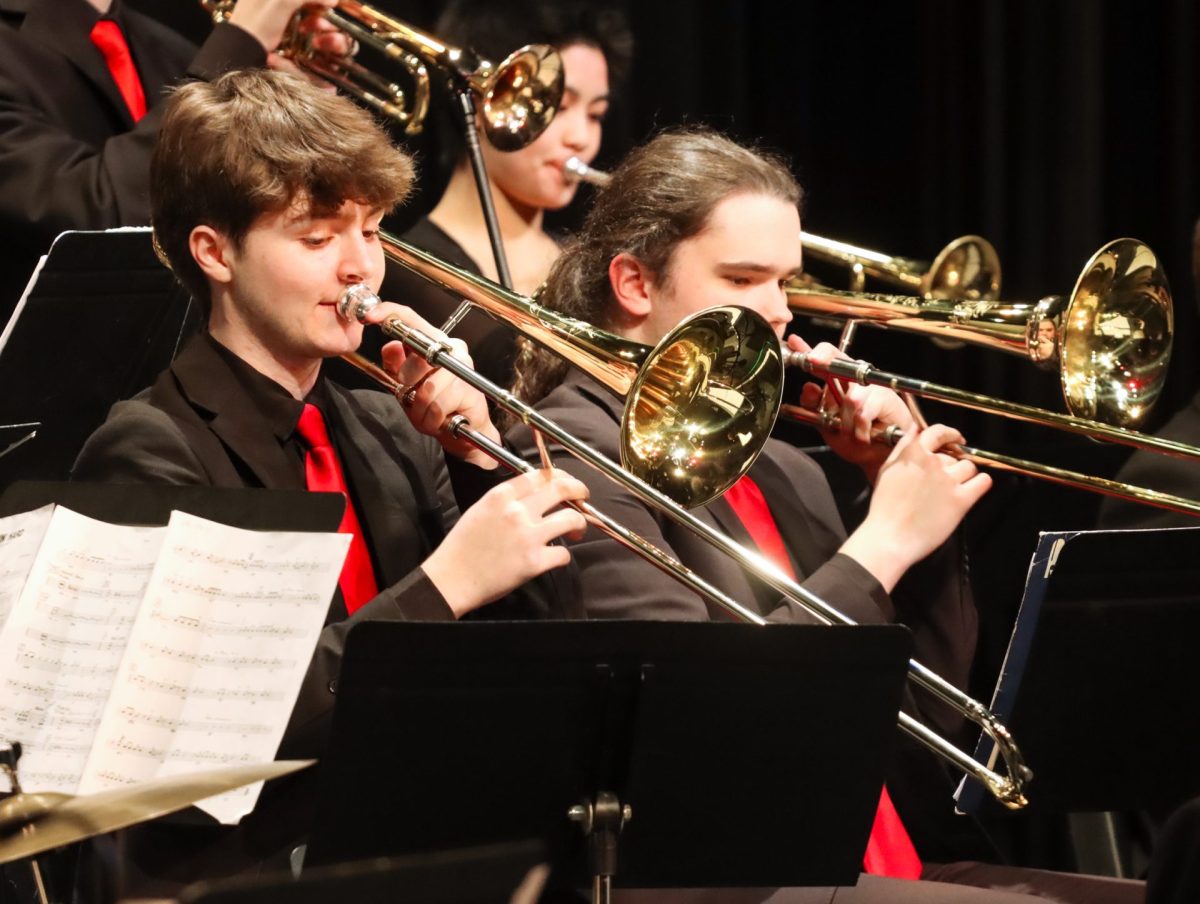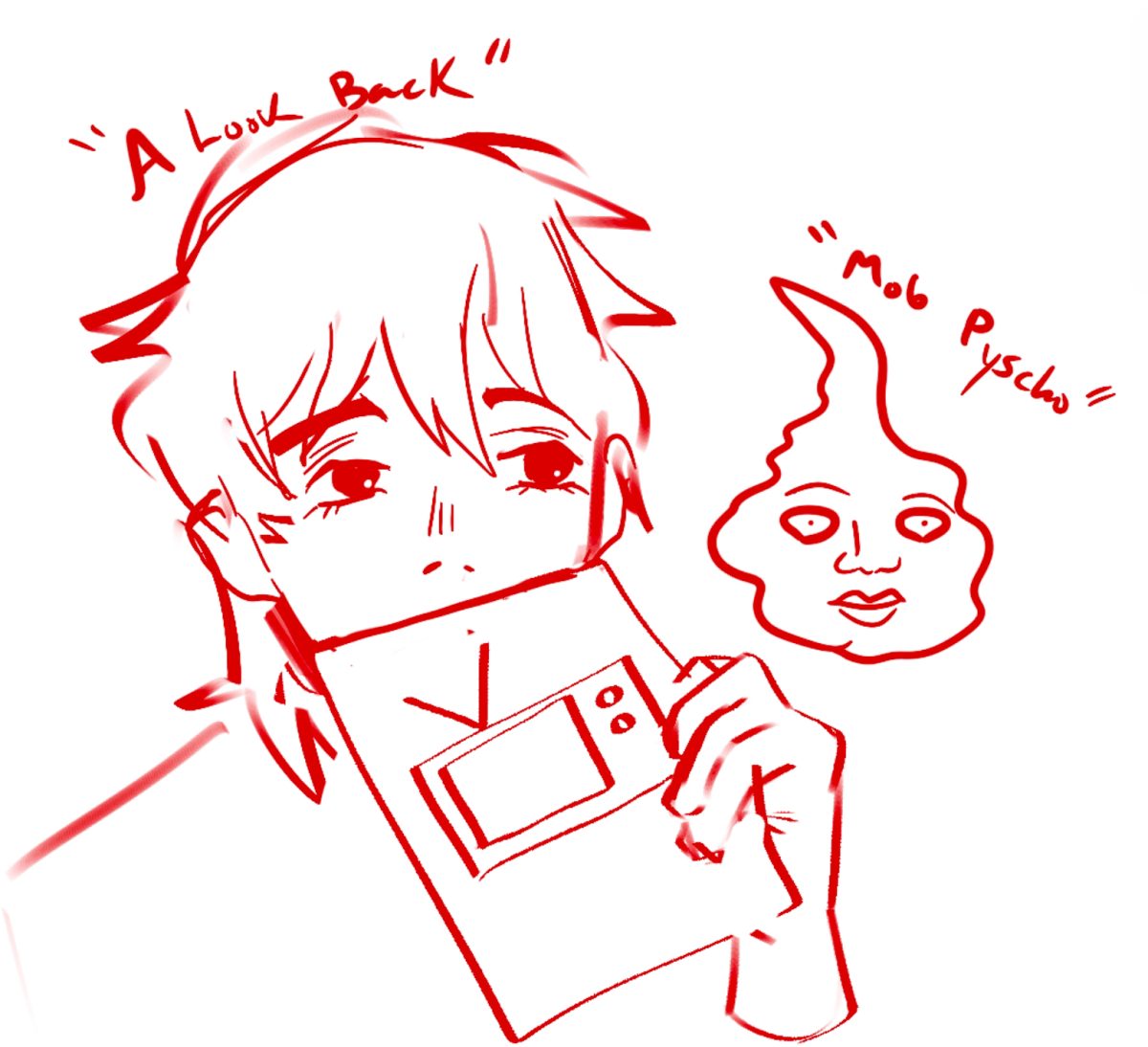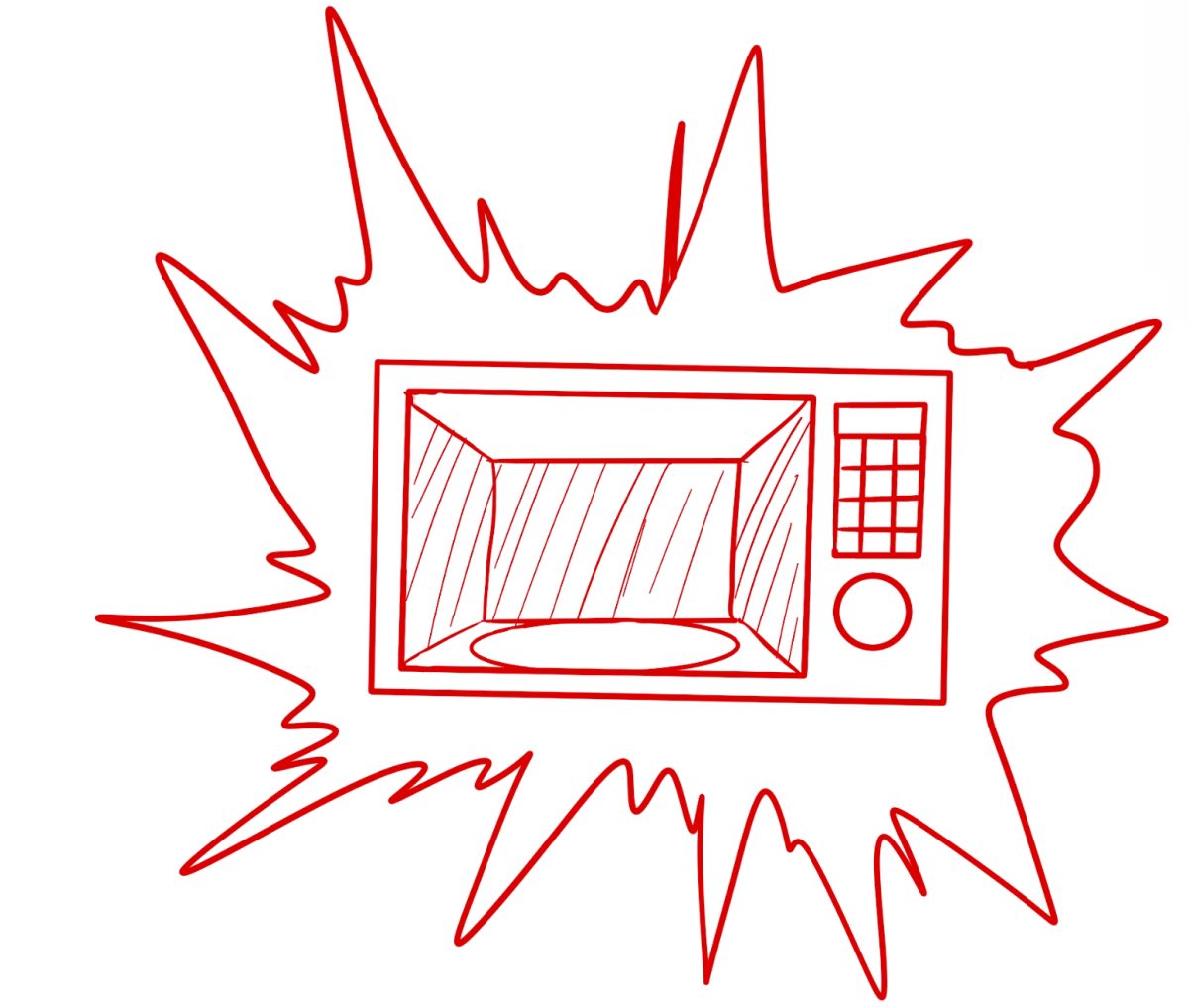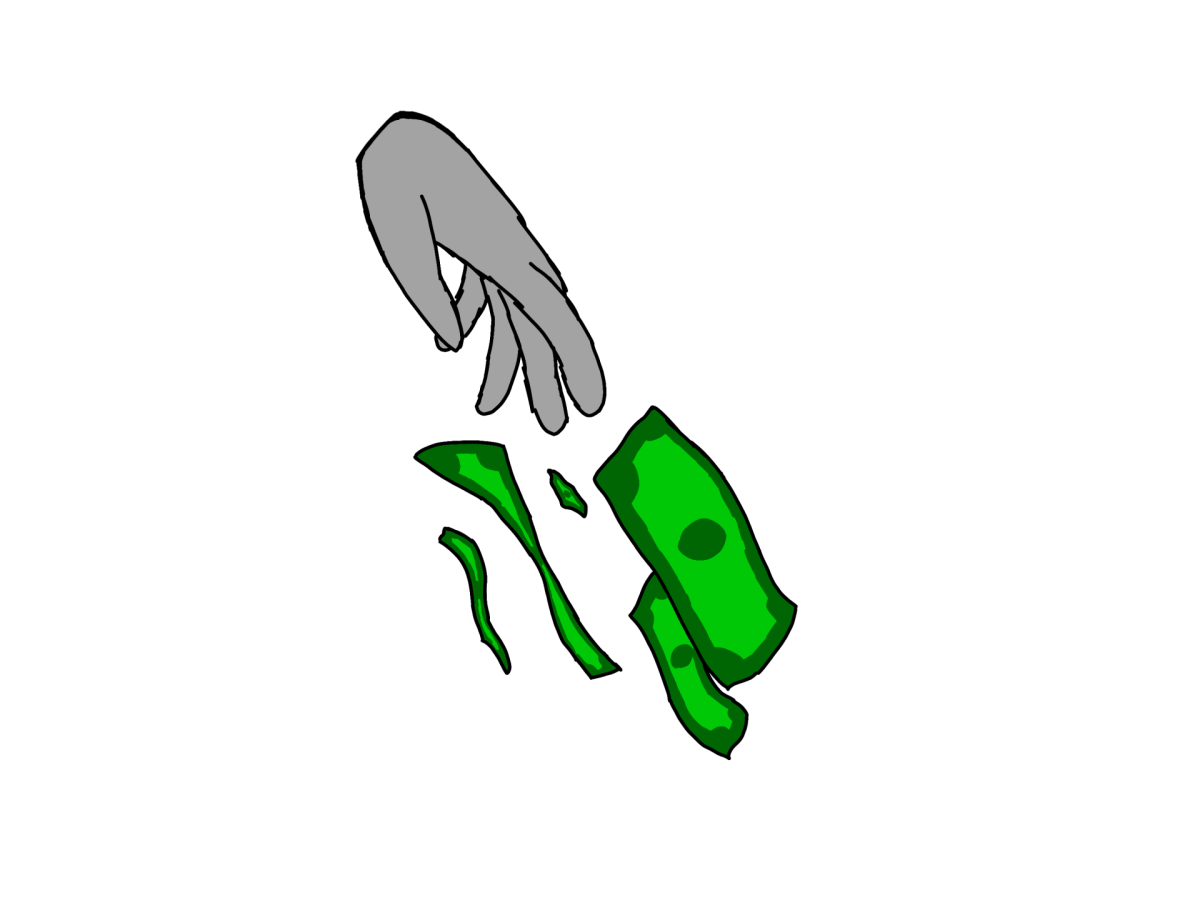Every fanbase has its faults. Not everyone knows how to be respectful online or interact with their favorite celebrities, but when it comes to Korean Pop music – known as K-pop – that small group of people seems so much larger. When the highest streamed group in the K-pop genre has over 11.87 billion streams on Spotify alone, it’s hard to view a small group of haters as just that; a small community in the much larger fanbase.
Because of the sheer size of the K-pop genre every problem seems to be amplified tenfold and bounced around the internet until everyone and their mother has heard about it. Many incredibly harmful social media trends stem from the K-pop community, and we’re still facing the repercussions of them today. The K-pop industry itself is toxic, with the demanding hours, the forced eating schedules, and the constant surveillance from not only fans but managers as well. One social media trend, dubbed “Race Change To Another (RCTA)” caught many people’s eyes. The trend consists of TikTok users claiming to be another race and being a part of the transgender community. While not all self-proclaimed RCTA individuals are K-pop fans, a staggering amount of these social media grifters are. Almost all the social media posts I have seen about RCTA are about primarily white users, “race changing” to be Asian (usually Japanese or Korean) to be just like their favorite idols. This issue is a part of the more significant K-pop community problem, Asian fetishization. There have always been “exotic” fetishes and Asian fetishization is not a new concept, but because of the massive explosion of growth from the K-pop community, this issue has been accelerated.
Being Korean or Japanese has become an “aesthetic” to many social media users, and their so-called appreciation has long since passed the threshold into appropriation. Cultural appreciation vs. cultural appropriation has always been debated, but it seems like the issue has become more widespread because of fan bases like K-pop. Taking someone else’s culture and turning it into something new can seem harmless, but in reality, it can damage the communities that are affected by it. These people are actively taking parts of others’ culture, and turning it into something else for their own gain. That is the definition of cultural appropriation.
One example that comes to mind is the social media influencer Oli London, who is an English internet personality, popularized by his numerous plastic surgeries to turn himself Korean. His reasonings for this drastic change? He wished to look more like his K-pop idol Park Jimin from BTS. While this instance is an isolated situation, this shows the broader impact that K-pop has had. People like Oli London and other K-pop fans are the catalysts for these racist and stereotypical ideas about the Asian community. By appropriating others’ cultures, spreading harmful rhetoric, and continuously ignoring the Asian advocates who protest these behaviors, essentially the identity of these people is being erased. These actions spread the idea that Asian identities are an aesthetic and a beauty standard or fetish to abide by. Not only is the rampant fetishization of the Asian community a huge downside of the K-pop community, but because of the Japanese and Korean “craze,” other Asian identities have been, and are continuing to be erased. Many Filipino, Vietnamese, Chinese, and South/Southeast Asians have all been funneled into one identity. K-pop has introduced many aspects of East Asian culture to other parts of the world, but with that introduction, it seems like the idea of any other Asian person is shrinking.
K-pop has not only impacted the view of Asian people, but it has also affected many aesthetic and body standards in the modern day. The K-pop industry is notorious for the toxic mentality that it breeds, which often results in distorted ways of thinking. Many idols have publicly spoken about their struggles with eating disorders, including K-pop singer Lee Ji-eun, known by her stage name IU. In 2013 she spoke about the extreme crash diet she was on for weight loss, which in turn sparked a global diet trend called the “IU diet.” The “diet” consisted of eating one apple for breakfast, one sweet potato for lunch, a protein shake for dinner, and plenty of water. Anyone with experience with eating disorders of any form can see the incredibly unhealthy patterns this diet promotes. IU later spoke about her struggles with bulimia in 2014, and how the K-pop industry affected her eating habits. This is a frequent problem that seems to pop up in or around the K-pop community. Not only have the internal policies of the K-pop industry affected artists, they have also affected fans. Because of K-pop, it seems like these unhealthy ways of eating and thinking have become a sort of trend. This is not a new concept, in fact, just a few years ago the whole “Lana Del Ray sad skinny girl” aesthetic was all the rage. The problem with these kinds of “aesthetics” is just that – it aestheticizes incredibly harmful ways of living. Young fans compare themselves to their favorite idols who have light skin, east Asian features, and small slim frames, and they want to be that. While this is not a problem unique to the K-pop community, it is incredibly widespread in K-pop internet spaces.
While female idols are heavily impacted by the K-pop community and industry, it seems like no idol is safe. Many male and female idols alike are infantilized by their audiences, sexualized by their managers, and seen more as a mascot rather than a human. The infantilization of K-pop idols is another disturbing problem in the K-pop community. It seems like a lot of these infantilized ideals stem from K-pop idols not having English as their first language, and speaking broken English, or even fluent English just with an accent. I don’t think I have to explain why this is an incredibly harmful and racist way of thinking. Yet it is so prevalent in K-pop communities. “Someone doesn’t speak my native language as well as me, that means they’re dumber than me.” This is a tale as old as time, and the new trend of infantilizing grown adults because of their language barrier, looks, or actions is incredibly disgusting. The infantilization and idealization of K-pop idols have also spread to other Asian communities. The idea of a pale-skinned, big-eyed, long-haired young Japanese or Korean person has become the Western beauty standard for Asian people. Many other South Asian, East Asian, and Polynesian people have all been funneled into this standard, despite the large expanse of skin colors, languages, ideals, and cultures that are represented in Asia and the Pacific Islands. It seems like no matter where you come from, what you look like, or where you are like, you are only seen in comparison to these unreachable ideals.
Idols and K-pop bands are not the problem. Fans listening to their favorite K-pop music is not the problem. The problem is the blatant disregard for the obvious and rampant toxic behavior within, and outside the K-pop industry. Not all idols are taking this unjust treatment with fake smiles though. K-pop Idol Huh Yunjin has used her solo career to speak out against the treatment of K-pop Idols. Her song, “Idol≠Doll” speaks about her experience with the hypocritical treatment she and many other idols receive from fans, and also the way the K-pop industry treats their Idols. One of her lyrics that speaks about this is “Yesterday, you said I looked like a doll / Today, you called me a bitch.” Yunjin has also used her platform to speak out against the often toxic mentality that many Idols have. During live streams with her K-pop group, she has been known to encourage the other group members to eat if they were hungry and to not be afraid of eating too much on camera. This may seem like an obvious thing to say, but in an environment like the K-pop industry, this was a selfless act of rebellion that could have gotten her in serious trouble.
And it has.
Many K-pop fans have criticized Yunjin for speaking up about issues when they are usually kept behind closed doors. She has “destroyed” the perfect K-pop image for many of her fans, an image that for the most part was a complete fabrication. While K-pop as a genre has connected fans across the internet, the problems that it has created are still an epidemic that deserves to be talked about. While many view the K-pop community as a crazed, dramatic, and upsetting fanbase, fans of the K-pop community are also victims of these problems. K-pop has normalized toxic relationships between fans and idols and has spread these ideas to other communities. “Stans” as we know them today are derived from these once-niche communities, corrupted by greed, idealization, and the need to feel important. The K-pop industry treats its idols as pawns for profit, not real living, breathing artists. The increased need for attention and community because the internet has caused these industries to further alienate their idols, turning them more into religious icons rather than real people. The idealization of these people has also caused the idealization and fetishization of their race, which in turn has isolated many non-east Asians from Asian spaces.
While these harmful stereotypes, attitudes, and behaviors that stem from the K-pop community cannot continue, it’s critical that we acknowledge the diverse, complex, and multifaceted perspectives of those within said community. K-pop has an amazing fanbase that loves and supports their idols and each other, but the small, incredibly vocal group that spreads these ideas are ruining it for everyone. If these behaviors continue, K-pop as an industry will fall under its own broken support. While these issues are incredibly prevalent in today’s society, there is room for positive change. By starting an open dialogue, advocating for a more inclusive and respectful fan culture, and educating ourselves about these issues, there is hope for improvement. The K-pop community is diverse and experiences may vary from person to person, but the core argument stands.
Idols and artistic talents cannot live with how they are being treated currently. Fan bases cannot continue to support a corrupt and unjust system that mistreats the idols that carry it, the fans that support it, and the very real lives of people affected by it. Something needs to change, or artistry, fan bases, and the lives of Asians and many people of color will be irreversibly affected.



